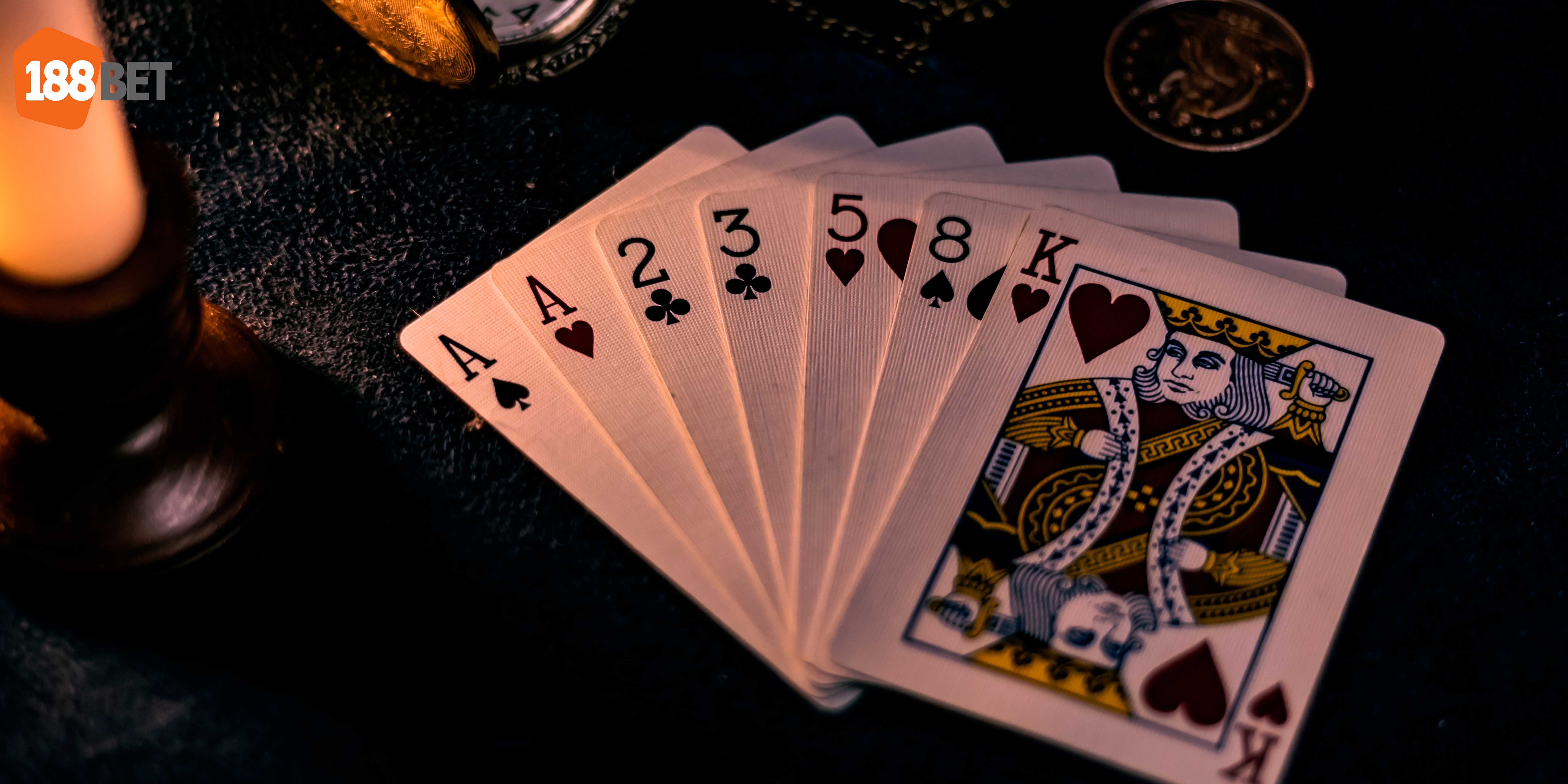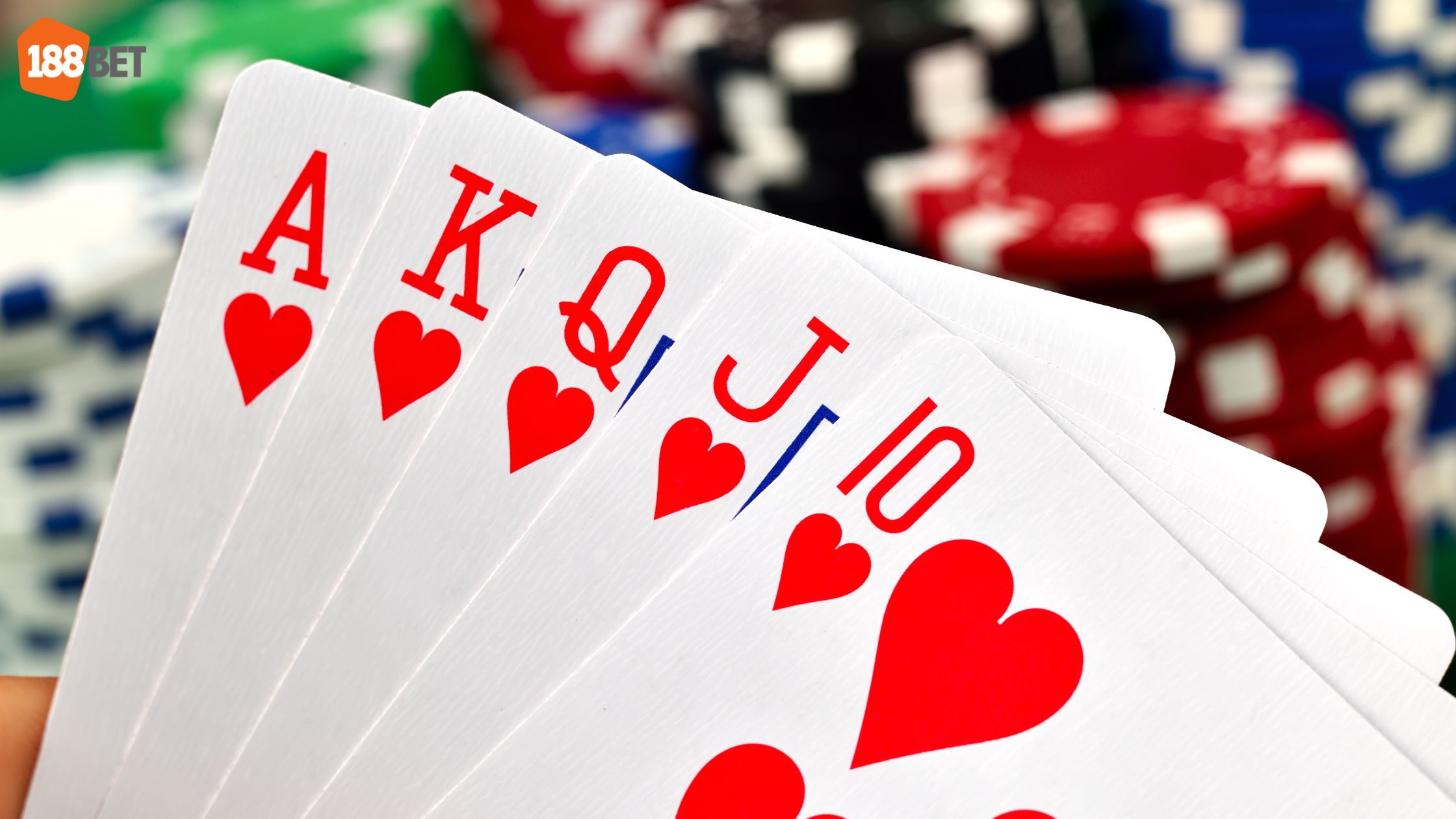Seven Card Stud Poker is one of the most classic and strategic variations of poker, offering a unique blend of skill and chance. Unlike Texas Hold’em, which dominates the poker world, Seven Card Stud Poker requires a deep understanding of the game and careful attention to opponents’ actions. This guide will help you grasp the fundamentals and strategies of Seven Card Stud Poker, ensuring you’re well-prepared to tackle the tables.
Understanding the Basics of Seven Card Stud Poker
The Setup
Seven Card Stud Poker is typically played with two to eight players. Each player receives seven cards throughout the hand, but only the best five-card combination is used to determine the winner. The game is played with a standard 52-card deck.
The Ante
Before any cards are dealt, each player must place an ante, a small bet that goes into the pot to ensure there is always something to win. The ante amount varies based on the table stakes.
The Deal
The game begins with each player being dealt two cards face down (hole cards) and one card face up (door card). The player with the lowest door card must make a bring-in bet, which is usually a fraction of the lower betting limit.
The Betting Rounds
Seven Card Stud Poker consists of five betting rounds, each with its unique rules and strategies.
Third Street
The first betting round, known as Third Street, begins with the player who has the lowest door card. They can either make the bring-in bet or choose to complete the bet to the lower limit. The action then proceeds clockwise, with each player having the option to fold, call, or raise.
Fourth Street
On Fourth Street, each remaining player receives another face-up card. The player with the highest visible hand starts the betting. From this point forward, the betting limit doubles if any player shows a pair.
Fifth Street
Each player receives another face-up card on Fifth Street. The player with the highest visible hand again starts the betting. The betting limit remains at the higher level.
Sixth Street
The sixth card is dealt face up to each remaining player, and betting follows the same format as the previous round, starting with the player showing the highest hand.
Seventh Street (or River)
The final card, known as the river, is dealt face down, so each player now has three hole cards and four face-up cards. A final round of betting ensues, beginning with the player showing the highest hand.
The Showdown
If more than one player remains after the final betting round, there is a showdown. Players reveal their hole cards, and the best five-card hand wins the pot. In the event of a tie, the pot is split equally among the winning hands.
Hand Rankings in Seven Card Stud Poker
Understanding hand rankings is crucial in Seven Card Stud Poker. Here is a quick overview from highest to lowest:
- Royal Flush: A, K, Q, J, 10 of the same suit.
- Straight Flush: Five consecutive cards of the same suit.
- Four of a Kind: Four cards of the same rank.
- Full House: Three of a kind combined with a pair.
- Flush: Five cards of the same suit, not in sequence.
- Straight: Five consecutive cards of different suits.
- Three of a Kind: Three cards of the same rank.
- Two Pair: Two sets of pairs.
- One Pair: Two cards of the same rank.
- High Card: The highest card in the hand when no other hand is made.
Key Strategies for Seven Card Stud Poker
To excel in Seven Card Stud Poker, you need more than just knowledge of the rules. Here are some strategic tips:
Starting Hands
Choosing the right starting hands is crucial. Generally, you should play hands that have the potential to form strong combinations. Premium starting hands include three of a kind, high pairs, and three cards to a straight or flush.
Reading Opponents
Pay close attention to your opponents’ face-up cards. By tracking which cards have been folded and which are still in play, you can gain insight into the strength of your own hand and the hands of your opponents.
Position
While position is not as critical as in games like Texas Hold’em, it still plays a role. Being the last to act allows you to make more informed decisions based on your opponents’ actions.
Bluffing
Bluffing can be effective in Seven Card Stud Poker, but it should be used sparingly and in the right situations. Consider bluffing when you have high cards showing, as this can intimidate opponents into folding.
Patience and Discipline
Seven Card Stud Poker requires patience and discipline. Not every hand is worth playing, and knowing when to fold is as important as knowing when to bet or raise.
Common Mistakes to Avoid
Even experienced players can make mistakes in Seven Card Stud Poker. Here are some common pitfalls to watch out for:
Playing Too Many Hands
One of the biggest mistakes is playing too many hands. Stick to strong starting hands and avoid the temptation to chase weak hands.
Ignoring Visible Cards
Always pay attention to the cards that are face up. Ignoring these can lead to costly errors, such as chasing a straight or flush that is impossible to complete due to already exposed cards.
Overvaluing Hands
Don’t overvalue mediocre hands, especially as more cards are dealt. A pair that seems strong on Third Street might not hold up by Seventh Street.
Failing to Adapt
Adjust your strategy based on the number of players in the hand and their playing styles. Failing to adapt can lead to predictable and exploitable play.
Advanced Strategies for Experienced Players
Once you have a solid grasp of the basics, you can incorporate more advanced strategies into your game.
Semi-Bluffing
Semi-bluffing involves betting with a hand that is not yet strong but has the potential to improve. This can force opponents to fold better hands or set you up to win a larger pot if your hand improves.
Slow Playing
Slow playing is the opposite of bluffing. It involves underplaying a strong hand to lure opponents into betting more. Use this tactic sparingly and only when you are confident your hand will remain the best.
Card Removal
Card removal is the concept of knowing which cards are no longer in play based on the folded cards. This can help you better estimate the likelihood of completing your hand or your opponents completing theirs.
Adjusting to Opponents
Study your opponents’ tendencies and adjust your play accordingly. If an opponent is overly aggressive, you can trap them with strong hands. If they are too passive, you can bluff more frequently.
Online vs. Live Seven Card Stud Poker
Playing Seven Card Stud Poker online differs from playing live in several ways.
Speed of Play
Online games tend to be faster, as there is no need to shuffle or deal cards manually. This means you will play more hands per hour, which can be both an advantage and a challenge.
Reading Opponents
In live games, you can read physical tells and body language, while online you must rely on betting patterns and timing. Adapt your observation skills accordingly.
Multi-Tabling
Online, you have the option to play multiple tables at once. This can increase your winnings but also requires excellent multitasking skills and concentration.
Conclusion
Seven Card Stud Poker is a fascinating game that combines skill, strategy, and psychology. By understanding the rules, developing a solid strategy, and avoiding common mistakes, you can become a formidable Seven Card Stud Poker player. Remember, practice makes perfect, so take what you’ve learned to the tables and refine your skills through experience. Whether you play online or live, the principles of Seven Card Stud Poker remain the same, and with dedication and patience, you can master this classic poker variant.
In summary, Seven Card Stud Poker offers a unique challenge that rewards strategic thinking and careful observation. Embrace the complexity of the game, and you’ll find that the rewards go beyond just winning pots, but also in the satisfaction of outplaying your opponents with skill and finesse.




